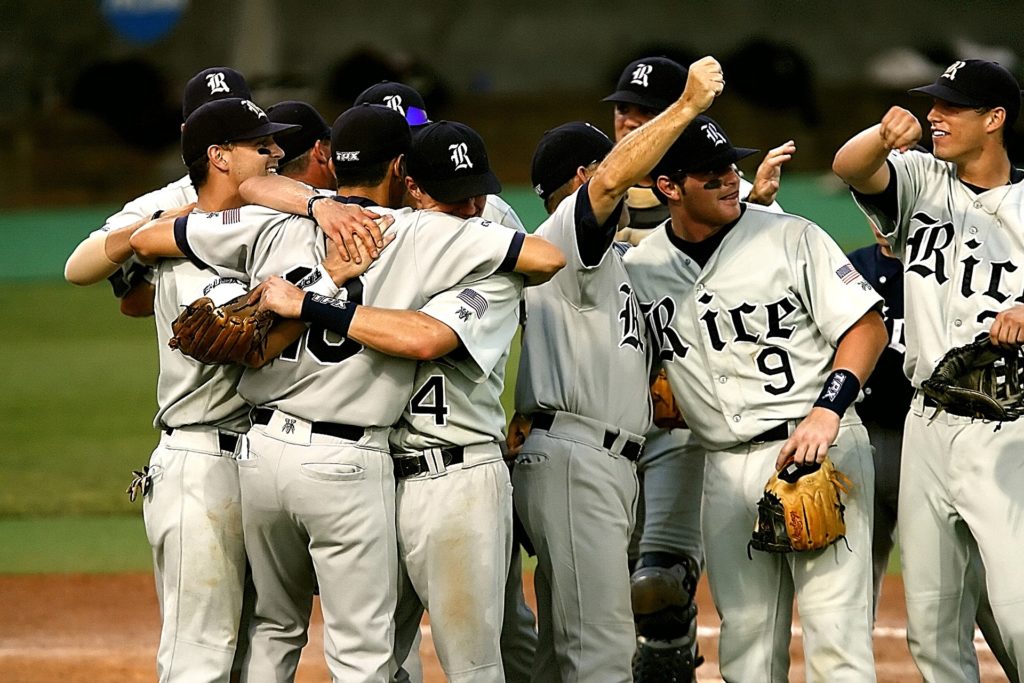
Leading Your All-Star Team
I’m a big baseball fan. And, its July. That means its time for the All-Star Game. It is the one night when (arguably) the best players in each position compete against each other. One lucky manager from each league gets to lead a group of position players – some they “inherit” from voting fans and some they choose.
When I think of it, every day has the potential to be an All-Star Game for leaders in organizations. At any point in time you have a team of players – some you have inherited and some you have chosen. And, in the same way baseball players have experience in particular positions (first base, catcher, left field), you have team members with expertise in particular functions (IT, HR, Finance).
Like a good sports team manager, you have lots of questions to ask yourself:
- Who are my best performers? The ones who have no doubt about their star qualities or the modest, quiet ones who go out day after day doing fundamentals?
- Are my team members well trained, rested, and healthy?
- Are players running out ground balls or jogging it out?
- Do they communicate well in the moment, or collide going after the same work, or do “plays” fall in the gap between team members?
- Do individual great players also align and gel as a team?
- Do players criticize or point fingers at teammates when the team is in a slump or do they pull together and bring each other up during the hard times?
I could go on with the metaphor, but you get the point. Great teams do not just happen and even after you put them together, coaching and leadership are required.
Sports teams are wonderful metaphors for work teams but there are also some obvious differences:
- As leader, you may or may not have played in the position of your people
- Statistics that allow you to objectively compare people do not exist for a majority of jobs
- Work teams do not have win-loss records that are easy to look at and use to measure success
- As leader, you don’t always directly observe your players in their day-to-day work
- Your team members often manage other team members, they don’t just do their job
It’s tempting to use sports metaphors as a methodology to understand teams and determine what makes them successful. Some of those metaphors work well, but there is actually a “science” of team success, like there is of human behavior. Have you studied the science? Do you know what the latest research on effective teams say about why they are or are not effective? At The Bailey Group, we keep current on this research. We’re able to help you sort through the opinions of so-called experts, helping you expand your own experience in this area with what hundreds of other leaders have learned before you. Give us a call or send us an email and we’d be glad to share with you what we have learned!



